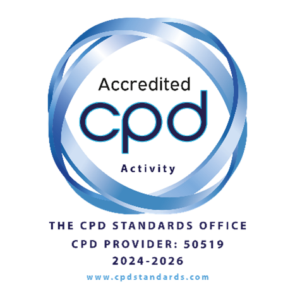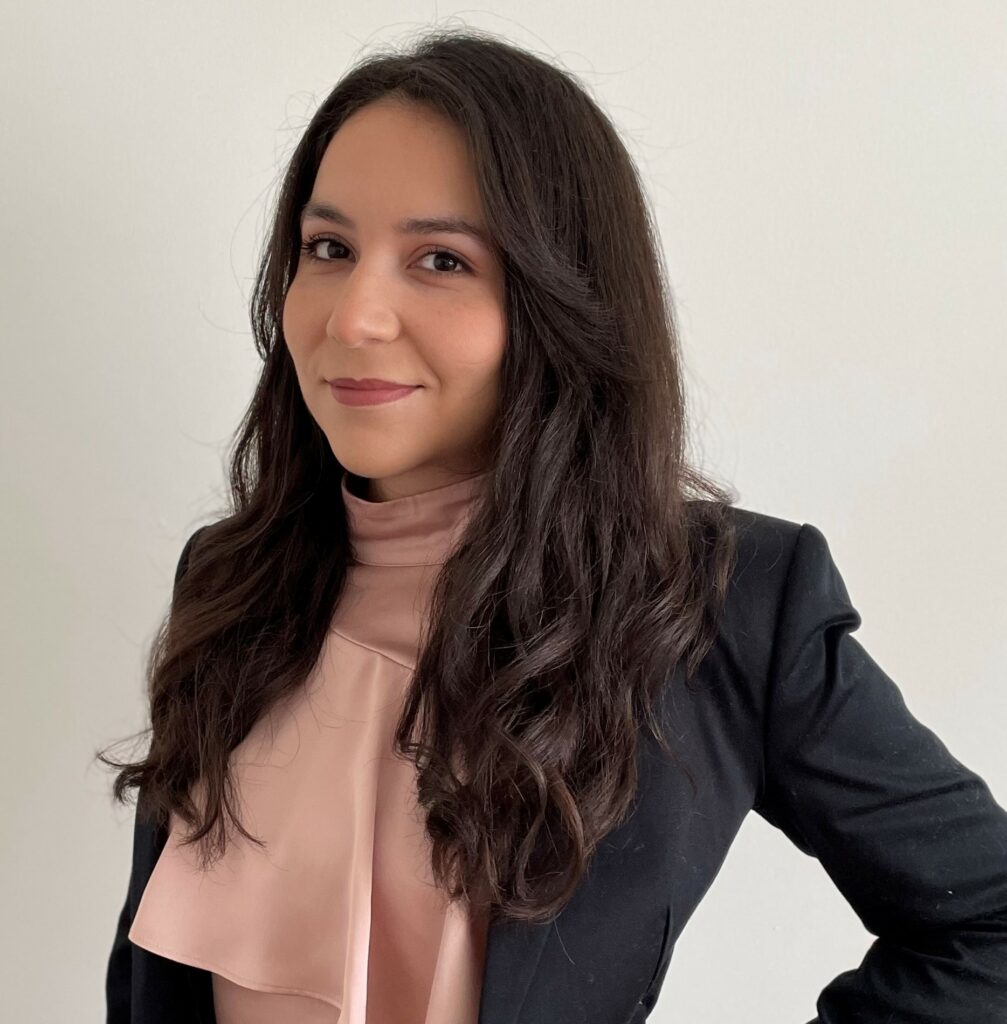
Big Data Analytics and Artificial Intelligence for Impact
Overview
Climate change, infectious diseases, disasters, air pollution, migration and poverty are among the most critical challenges the world faces today. This four-week course looks at the role mobile technology, advanced analytics and artificial intelligence can play in drastically improving the effectiveness and efficiency of planning and responses to these challenges. It also considers the ways in which insight-driven decision-making can encourage the adoption and responsible use of mobile data analytics and artificial intelligence to accelerate progress in delivering the United Nation’s Sustainable Development Goals.
Course Objectives
- Discover what mobile data analytics and artificial intelligence (AI) are and how mobile data is generated and transformed to create powerful insight-led products and services
- Understand the importance of building scalable products and services with accompanying sustainable business models to unlock long-term benefits
- Gain critical insights into current (and emerging) regulation and standards covering the responsible and ethical use of mobile data analytics and AI
- Explore use cases that illustrate the ways in which mobile data analytics and AI can be leveraged for sustainable impact
- Learn about the components needed to develop an enabling policy and regulatory environment for mobile data analytics and AI to flourish in your country
Course Enrolment Criteria
This course is open to:
- Regulators
- Policymakers
- Representatives from academia and international organisations working on regulatory or policy issues
We cannot accept applications from individuals working in the private sector or those not involved in policy or regulation.
Course Completion Certificates
All our courses are certified by the United Kingdom Telecoms Academy (UKTA) and accredited for Continuing Professional Development (CPD).

This course equates to 10 hours of CPD training.
To qualify for a course completion certificate, you must view all the course sessions and answer correctly all the quiz questions you will find as you progress through the sessions. You will also need to fill out the course survey.
You do not have to complete a final project to earn a course completion certificate but we strongly encourage you to create one. Putting together a final project will give you an opportunity to reflect on the principles covered during the course and help you discover how they could be applied to your own country. If you submit a final project the course trainer will provide you with valuable feedback that you may find useful in your day-to-day work.
Course Structure and Study Time
The course consists of four sessions and you will gain access to all of them on the course start date. You will have the opportunity to ask questions about the content of the course during two live Ask The Expert sessions as well as on the course forum.
It should not take you more than two to three hours of study time per week to complete the course in four weeks. You will have, however, seven weeks to complete it. If after seven weeks you have not completed the course, you will have to start it again next time it is offered.
If you decide to submit a final project, it will probably take you four to six hours to put it together. You will have seven weeks to submit your final project.
If you have any special needs regarding this training course, please us let us know via our contact form so we can get in touch to discuss how your needs can be met.
Enrolment is curently not open.
Enrolment is curently not open.

